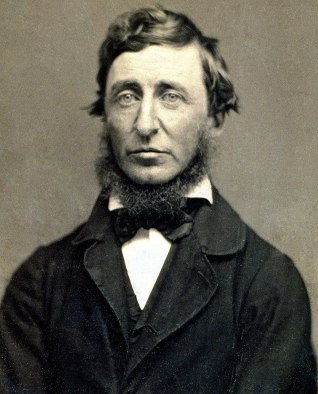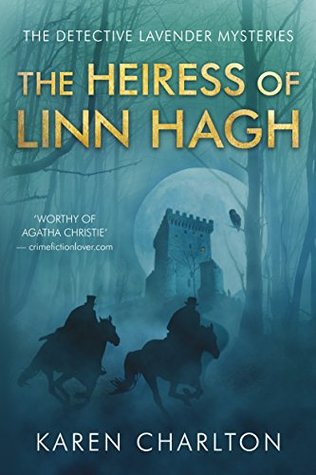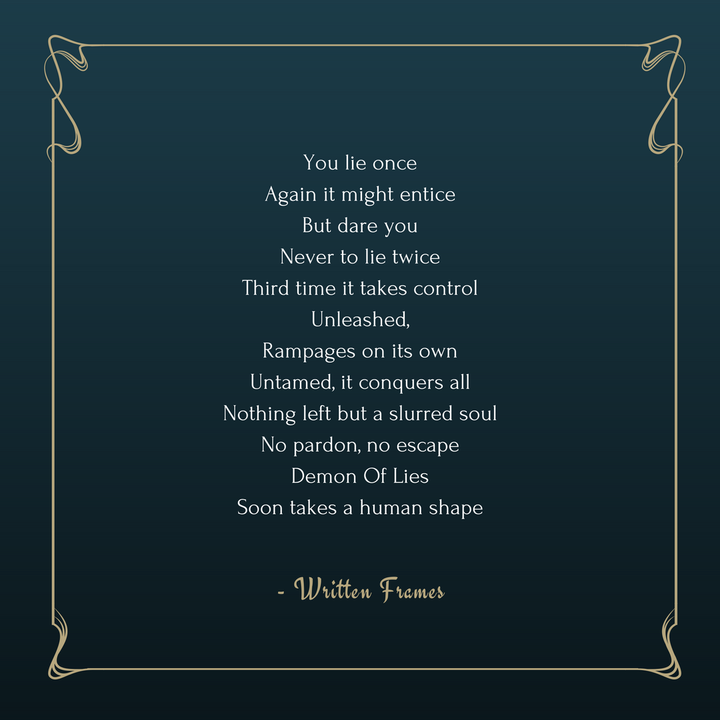 Henry David Thoreau
Henry David Thoreau
Henry David Thoreau (1817-1862) is widely known as a great 19th century transcendentalist essayist, poet, philosopher, naturalist, and historian, among other things. He is most well-known for his book Walden, and his essay “Civil Disobedience.”
The following comes from his poem titled “Inspiration”:
But now there comes unsought, unseen,
Some clear divine electuary,
And I, who had but sensual been,
Grow sensible, and as God is, am wary.I hearing get, who had but ears,
And sight, who had but eyes before,
I moments live, who lived but years,
And truth discern, who knew but learning’s lore.I hear beyond the range of sound,
I see beyond the range of sight,
New earths and skies and seas around,
And in my day the sun doth pale his light.A clear and ancient harmony
Pierces my soul through all its din,
As through its utmost melody—
Farther behind than they, farther within.More swift its bolt than lightning is,
Its voice than thunder is more loud,
It doth expand my privacies
To all, and leave me single in the crowd.It speaks with such authority,
With so serene and lofty tone,
That idle Time runs gadding by,
And leaves me with Eternity alone.(Source: Henry David Thoreau, “Inspiration,” Excursions and Poems (Cambridge, Massachusetts, Riverside Press, 1906), 396-397.)
Some similarities to Joseph Smith’s First Vision seem to include:
- Suddenly perceiving something Divine
- Knowing it is of God
- This is beyond the range of typical bodily senses
- Seeing a Divine light
- This light is far beyond the brightness of the sun, perhaps like lightning
- Being inwardly caught up to a new lofty heavenly sphere of sights and sounds, removed from one’s typical natural surroundings
- Understanding a truth that far eclipses prior worldly knowledge
- Sensing a “voice” in this Divinity that penetrates
- It has a tremendous elevated authority
- Being left in a state of calm and peace
If you would like to submit a “First Vision” account, either personal or found, for inclusion on this website, please click here.
Share this:




